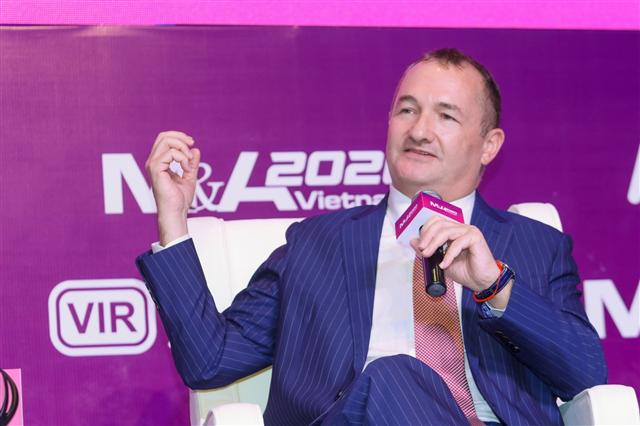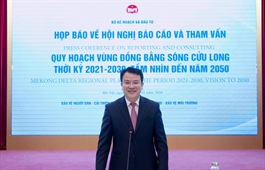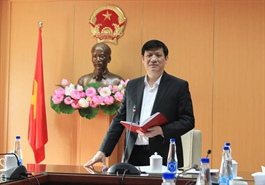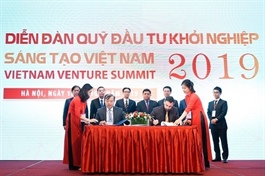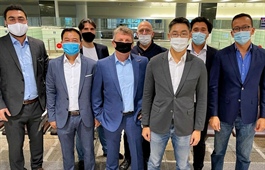Experts pinpoint M&A opportunities in new normal
Experts pinpoint M&A opportunities in new normal
At the first session of the Vietnam M&A Forum 2020, investors and experts have shared their thoughts about the opportunities and challenges of Vietnam's M&A market in the new normal.
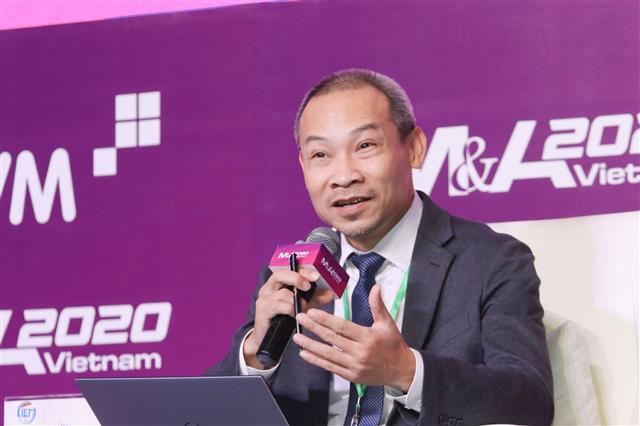
Phan Duc Hieu, deputy head, Central Institute for Economic Management (CIEM)
|
One factor driving M&A activities is the official enforcement of the laws on Securities, Investment, and Enterprises on the same day. Specifically, the Law on Enterprise will extend the protection of buyers. The Law on Securities will ease the ownership ratio of foreign investors at local firms.
The new Law on Investment is also an opportunity, particularly for M&A activities. For example, it addsinvestment incentives in goods production and services, facilitating enterprises to join the value chain.
In particular, it is important that for the first time, special incentives can now be made available for individual projects or investors. These include three areas which have large incentives for investment: innovation, research and development, and industries. Special incentives can include more preferential rates than the usual incentives.
With the policy change coming into effect on January 1, 2021 they will likely have a positive impact on M&A activities and protect buyers.

Paul DiGiacomo, senior managing director, BDA Capital
|
Vietnam’s M&A market is becoming more mature as buyers have a more long-term vision for the market. The M&A market has also attracted private funds. M&A activities are expected to become robust in many sectors like education, healthcare, infrastructure, payment, services, and so on.
Vietnam is moving from an export-oriented market to focus on the domestic market. The country's growing consumption power and expanding middle class have attracted international brands from Japan, Thailand, and so on. More and more million-dollar deals have been concluded, which is an encouraging sign for the market.
In addition, Vietnamese companies also start to conduct M&A deals overseas to expand overseas. As travel restrictions are lifted, there will be more deals in the market.
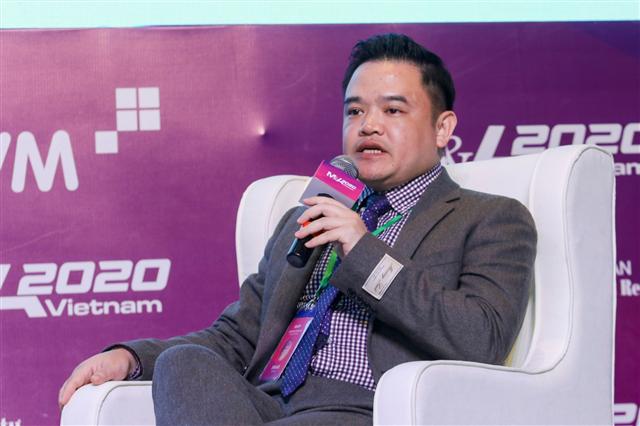
Pham Duy Khuong, managing partner, ASL Law
|
Post-M&A integration can bring complicated disputes, such as those around labour. On the Vietnamese side, whenever a company changes owners, workers get nervous and worry about their future after the M&A deal, wondering if they could get sacked or if their salary could be impacted.
Post-M&A arrangements can also bring about complications regarding debt. In many cases, even though the deal was meticulously appraised, there is always a difference between the expectations of the different sides which need to be fulfilled. For example, the company's commitments made to partners before the M&A deal could create pressure on the acquired side. Other issues can include under-the-table arrangements which were not explicitly agreed between the sellers and the buyers, or the transferring of potential business fields to other partners before the M&A deal.
Apart from that, many foreign investors are paying attention to the field of energy, especially those from Hong Kong, China, and Japan. Those investors are also requesting clean and transparent projects.
The ongoing COVID-19 pandemic, the US presidential election, and the escalating trade war all affect M&A activities across the world. As Vietnam has successfully contained the COVID-19 pandemic, it is likely that investors will return to the Vietnamese market to conduct M&A deals.
However, there are some barriers for buyers to strike up deals with local firms, especially the high valuation. While sellers want to get high value, foreign investors expect pricing relative to market value. The high valuation hinders foreign investors in approaching the sellers and loses them opportunities to buy the companies. Therefore, sellers need to comprehend the investors’ viewpoints, and advisory firms can get involved to set a reasonable price and facilitate efficient negotiations.
There is a bright outlook for M&A transactions under new direct and indirect ownership or equity forms. Sectors like manufacturing and processing, education, and consumers goods are expected to grow very strongly in the coming time.
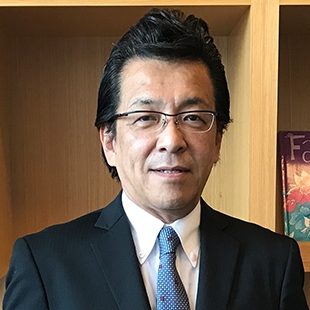
Masataka “Sam” Yoshida, head of Cross-border Division, RECOF Corporation and CEO, RECOF Vietnam Co., Ltd.
|
Vietnam is rising higher in the value ranking of transactions by Japanese firms than in 2019. We can say that Japanese investors' interest in Vietnam continued to be strong even in the pandemic situation and the small slowing-down of investments is purely temporary.
Specifically, Vietnam recorded the highest number of transactions by Japanese investors in Southeast Asia with 33 transactions for 2019 which reflects the interest of Japanese companies in Vietnam. This number has increased 1.5 times over the previous year.
In the past, to be honest, due to the size of the enterprises, Vietnam could not make it into the top 3 countries receiving investment from Japan via M&A. However, in 2019, it reached $389 million which was 2.8 times the figure in 2017 and, for the first time, was ranked among the top 3, only slightly behind second-ranked Indonesia.
Between Japan and Vietnam, 21 transactions were publicly announced in the first 10 months of 2020, ranking it second after Singapore. In terms of transaction value, Vietnam was ranked second with a value of $282 million.
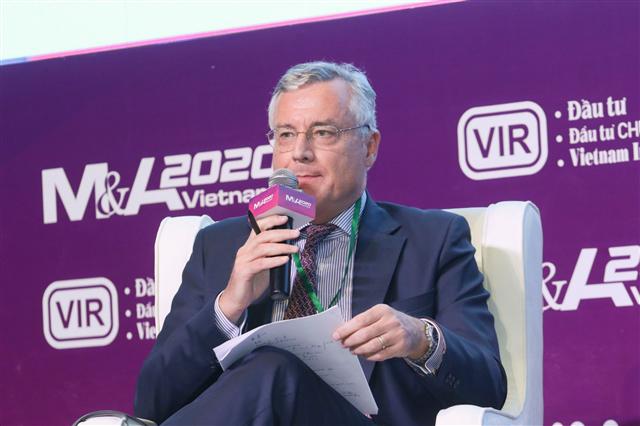
Nicolas Audier, chairman, Eurocham
|
Foreign investors are paying interest to all fields of business in Vietnam. I think Vietnam needs a competitive law which is appropriate for the EU community, especially in taxation issues. Foreign investors are also very interested in administrative procedures which need to be compliant with the international framework, together with the local authorities. We also request transparency and process when disputes happen. Moreover, they are also thinking about what they can do if their M&A deal falls through and they want to withdraw from that business.
M&A businesses have become more developed. Short-term investment is replaced by long-term investment. Especially the participation of private funds are increasing the volume of transactions and expanding to more new business fields.


